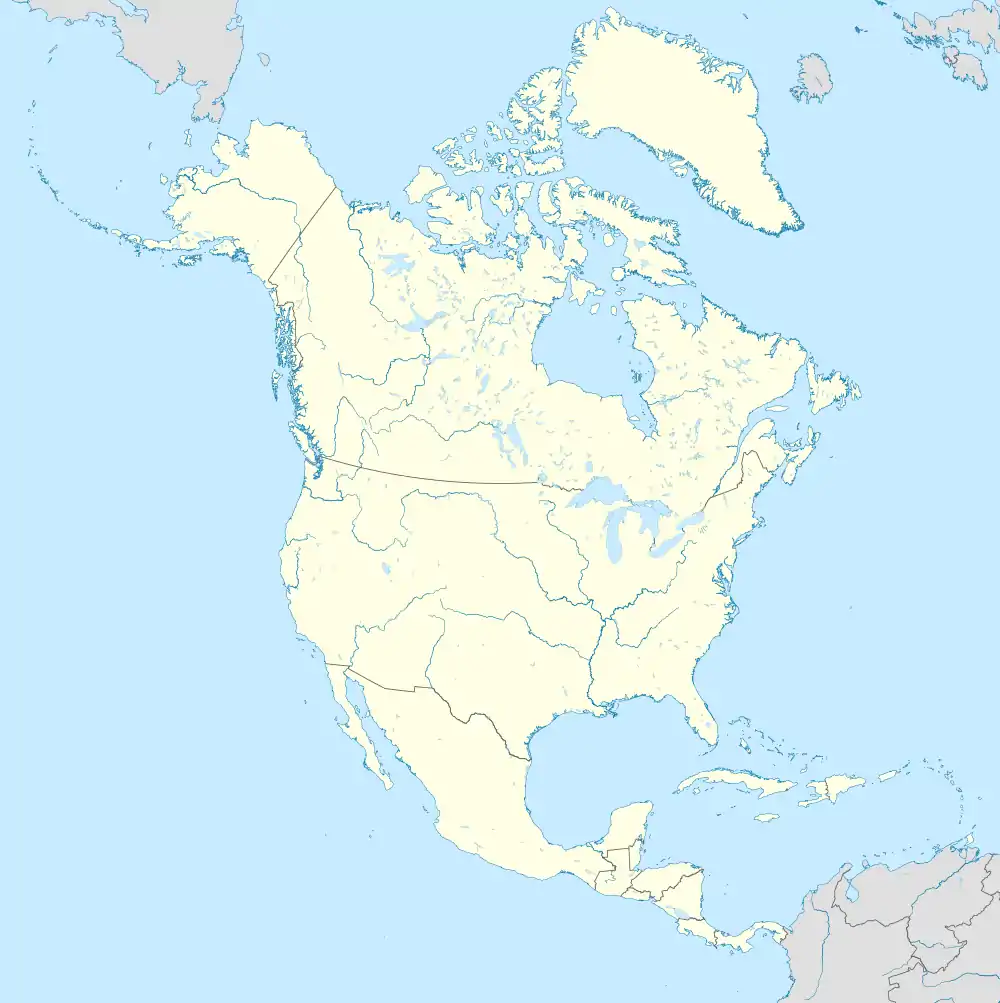| History | |
|---|---|
| Name |
|
| Owner |
|
| Operator |
|
| Port of registry |
|
| Builder | Todd Dry Dock and Construction Company, Tacoma, Washington |
| Yard number | 9 |
| Launched | 30 July 1919 |
| Completed | 5 August 1919 |
| In service | 30 September 1919 |
| Identification |
|
| Fate | Sunk 2 November 1942 |
| General characteristics | |
| Tonnage | 4,782 GRT |
| Length | 380 ft 5 in (115.95 m) |
| Beam | 53 ft 1 in (16.18 m) |
| Depth | 27 ft (8.23 m) |
| Propulsion | 1 x triple expansion steam engine (Todd Dry Dock & Construction Co, Tacoma) 339 hp (253 kW) |
| Speed | 10 knots (19 km/h) |
| Complement | 42 crew (plus 8 DEMS gunners) |

Empire Antelope was a 4,782-ton cargo ship which was built as Ophis in 1919. She was renamed Bangu in 1928. In 1941 she was renamed Empire Antelope. She was sunk by the German submarine U-402 on 2 November 1942.
History
Ophis was built by Todd Dry Dock and Construction Company, Tacoma as yard number 9. She was allocated United States Shipping Board hull number 2630.[1] She was launched on 30 July 1919 and completed on 5 August 1919.[2] Delivery was on 30 September 1919.[1] Ophis was powered by a triple expansion steam engine and could make 10 knots.[2]
She was owned by the United States Shipping Board.[3] In March 1920, Maritime Salvors Ltd, London reported that they had been involved in the salvage of Ophis.[4] On 29 November 1920, Ophis came to the rescue of the Norwegian 3-masted barque Hebe, which had been dismasted off the Azores, Portugal. Hebe was towed in to Fayal.[5] In 1928, she was renamed Bangu[3] On 26 January 1931, she lost her propeller 200 nautical miles (370 km) south of Bahía Blanca, Argentina.[6] She was passed to the United States Maritime Commission in 1937,[3] and laid up as part of the reserve fleet.[7] In 1941, Bangu passed to the Ministry of War Transport and was renamed Empire Antelope.[3]
War Service
Empire Antelope was a member of a number of convoys during World War II.
- ON 37
Convoy ON 37 sailed from Liverpool on 15 November 1941 and dispersed during the night of November 23/34. Empire Antelope sailed from Aultbea.[8]
- SC 77
Convoy SC 77 departed Halifax, Nova Scotia on 30 March 1942 and arrived at Liverpool on 16 April. Empire Antelope was carrying a cargo of steel and other general cargo, destined for Garston.[9]
Convoy SC 94 departed Sydney, Nova Scotia on 31 July 1942.[10] Five ships from the convoy were torpedoed by simultaneous attacks of U-176 and U-379 at 13:25Z on 8 August. Detonations of the five sinking ships caused hasty abandonment of three additional ships (including Empire Antelope) whose crews believed they had been torpedoed.[11] Empire Antelope's crewmen reboarded their slightly damaged ship and arrived at Liverpool on 13 August.[10]
Empire Antelope departed New York City on 24 October 1942 with 5,560 tons of general cargo as a member of Convoy SC 107.[10] At 08:04 hrs (CET)[12] on 2 November 1942, the German submarine U-402, captained by Baron Siegfried von Forstner, fired torpedoed and sank Empire Antelope at 52°26′N 45°22′W / 52.433°N 45.367°W. All fifty crew members were saved by the convoy rescue ship SS Stockport and landed at Reykjavík, Iceland, on 8 November 1942.[7]
Official number and code letters
Official Numbers were a forerunner to IMO Numbers.
Bangu used the US Official Number 219009 and the Code Letters LTDP.[13] Empire Antelope used the UK Official Number 168205 and the Code Letters BCGT.[14]
References
- 1 2 "Todd Pacific Shipyards, Inc., Tacoma WA". Ship Building History. Archived from the original on 5 December 2015. Retrieved 2 January 2009.
- 1 2 "2219009". Miramar Ship Index. Retrieved 2 January 2009.
- 1 2 3 4 "EMPIRE – A". Mariners-L. Retrieved 2 January 2009.
- ↑ "Maritime Salvors Ltd". The Times. No. 42351. London. 5 March 1920. col A-C, p. 25.
- ↑ "Mails and Shipping, Casualty Reports". The Times. No. 42582. London. 1 December 1920. col D, p. 22.
- ↑ "Mails and Shipping, Casualty Reports". The Times. No. 45732. London. 28 January 1931. col E, p. 22.
- 1 2 "Empire Antelope". U-boat.net. Retrieved 2 January 2009.
- ↑ "CONVOY ON (S) 37". Warsailors. Retrieved 2 January 2009.
- ↑ "CONVOY SC 77". Warsailors. Retrieved 2 January 2009.
- 1 2 3 Hague, Arnold (2000). The Allied Convoy System 1939–1945. Naval Institute Press. p. 135&137. ISBN 1-55750-019-3.
- ↑ Milner, Marc (1985). North Atlantic Run. Naval Institute Press. p. 145. ISBN 0-87021-450-0.
- ↑ "EMPIRE ANTELOPE". Ubootwaffe. Archived from the original on 28 September 2011. Retrieved 2 January 2009.
- ↑ "LLOYD'S REGISTER, STEAMERS & MOTORSHIPS" (PDF). Plimsoll Ship Data. Retrieved 2 January 2009.
- ↑ "LLOYD'S REGISTER, NAVIRES A VAPEUR ET A MOTEURS" (PDF). Plimsoll Ship Data. Retrieved 2 January 2009.